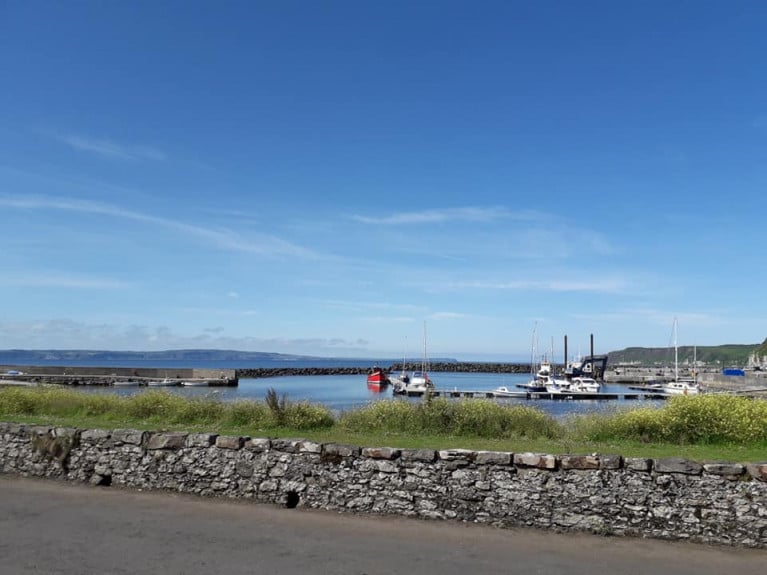Displaying items by tag: 10 year Plan
Residents of Rathlin Island off Co. Antrim are leading the way in the battle against climate change with communities on the island revealing ambitions to become carbon neutral.
In 2015 many countries pledged to achieve carbon neutrality by signing the Paris Agreement and the inhabitants of Rathlin have a ten year plan in place and are focusing on renewable enery, self-sufficiency, electric transport and a hyrdrogen ferry.
Rathlin Island is Northern Ireland’s most important seabird colony and its surrounding seas are Marine Protected Areas, featuring reefs, sea caves and maritime cliffs.
Living in an area such as Rathlin necessitates a harmonious relationship with the surrounding environment, and islanders feel passionately about leading the way when it comes to becoming eco-friendly and fighting climate change.
For more from ITV News including footage from islanders and on plans to fuel future ferries that could also be battery powered.
Currently the island is served by two ferries and as Afloat reported in 2016 the Spirit of Rathlin (car ferry) was custom built by Arklow Marine Services.
























































